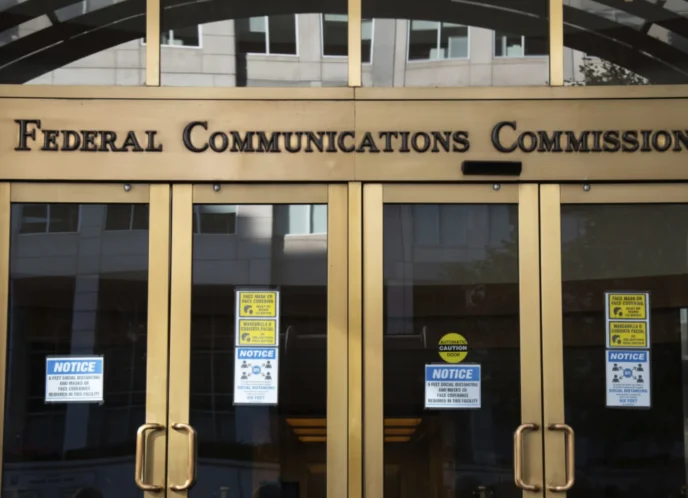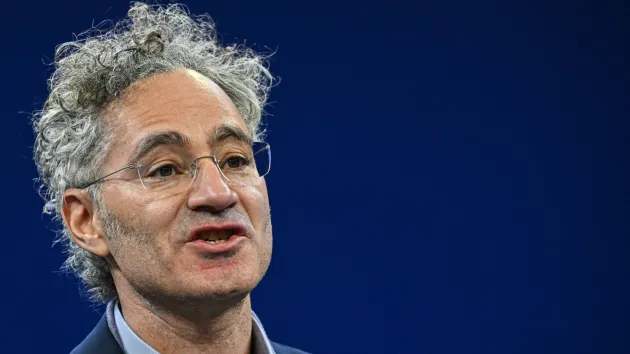We are broken-hearted as we mourn the 9 Black lives taken on Wednesday evening by white vigilante violence at a historically Black church in Charleston, SC.
Here at the Center for Media Justice, home of the Media Action Grassroots Network, a cultural action network, we are committed to standing with the Black community of Charleston to counter all the ways media, technology, and popular culture amplify and legitimize the narrative of white power.
Here are a few ways you can stand with the people of Charleston in the wake of the recent massacre AND help amplify and grow the Movement for Black Lives.
5 ways to support Charleston and the Movement for Black Lives TODAY:
- Send your condolences to the families of those lost and the people of Charleston via Color of Change
- Support the first national convening of the Movement for Black Lives coming up in July 2015 in Cleveland. Donate as much as you can, individually or organizationally, to help Black-led organizations within the MAG-Net network like Million Hoodies Movement for Justice, Concerned Citizens for Justice and our allies at Black Lives Matter, Ferguson Action, and BYP 100 continue to build the movement for Black Lives.
- Read powerful perspectives on the attack in Charleston: “We Were Never Meant to Survive”, a powerful response by Alicia Garza, a statement from the Movement for Black Lives and finally an important piece on the differences in media coverage of suspects of color vs. those who are white.
- Build visibility by wearing a t-shirt or posting a yard sign and encouraging others to do the same, or even just posting, retweeting, and sharing the content emerging from those impacted by anti-Black violence. These products directly support folks on the ground doing the work – the actual collective of black leaders who started the #blacklivesmatter meme, frame and movement.
- Share your stories: For MAG-Net member and ally organizations, share your grief, rage, vision, and actions with each other on the Media Justice Exchange listserv.
Our network is fighting to create cultural shifts, but we understand clearly that cultural change isn’t just narrative, it’s also material. As Audre Lorde said powerfully, “We cannot live without our lives.”
As we fight for the infrastructure of a modern communications system in the service of real democracy and freedom, let us build a collective voice of resistance coupled with a bold vision for change. Let’s help our communities speak for themselves and change the story from one that rejects and ignores the reality of racism, to one that clarifies that anti-black racism is structural, rooted in power dynamics, and still very much here.



